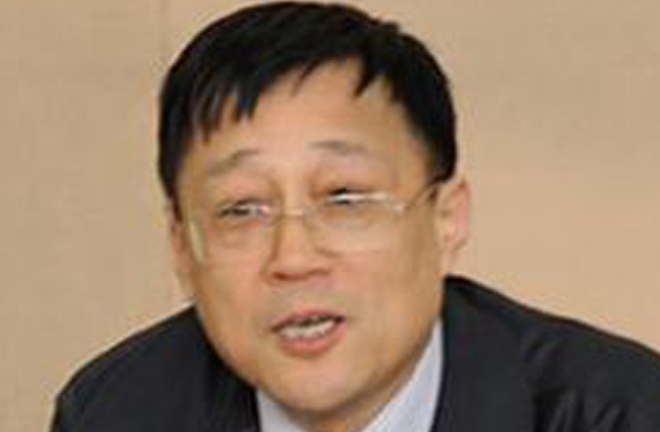LIU JIANWU: Balanced approach needed to build intellectual power
 The development of Chinese think tanks has accelerated since the CPC Central Committee issued Opinions on Strengthening the Construction of New Types of Think Tanks with Chinese Characteristics. In order to meet the expectations of decision-makers and the public while facilitating economic and social development, it is necessary to focus on the balanced development of think tanks to ensure their vitality.
The development of Chinese think tanks has accelerated since the CPC Central Committee issued Opinions on Strengthening the Construction of New Types of Think Tanks with Chinese Characteristics. In order to meet the expectations of decision-makers and the public while facilitating economic and social development, it is necessary to focus on the balanced development of think tanks to ensure their vitality.
First, equal emphasis should be placed on basic and applied research. It is impossible for think tanks to achieve practical results without a theoretical and academic foundation.
At the same time, it is contrary to their purpose for think tanks to produce purely theoretical research that fails to further economic, social and cultural development or meet the requirements of the public, Party committees and the government. Therefore, basic research should be grounded in reality to provide targeted theoretical support while the use of theories should be stressed in applied research to produce scientific, objective results.
Second, achievements and their effects should be equally emphasized. The excellence of achievements is of crucial importance because think tanks can directly influence public policy. The construction of think tanks should be results-based and a reasonable system needs to be in place to increase research output and promote the application of outstanding research achievements so that the role and influence of think tanks can be highlighted.
Also, public image and social reputation are essential for modern think tanks to maintain an advantage in the competition for scarce development resources. Therefore, scholars should make efforts to maintain the prestige of think tanks.
Third, equal emphasis should be laid on talent cultivation and teamwork. Think tanks are where highly competent people gather together. Breakthroughs cannot be made without quality talent. Competition among thinks tanks, in the final analysis, is competition for talent.
So the building of think tanks should make it a priority to cultivate elite talent. However, the importance of teamwork cannot be ignored because talent comes not in the form of superstars but rather effective teams. Therefore, it is also significant to develop a collaborative team culture and build well-known professional teams.
Fourth, management and mechanism are equally important. Management is an element of productive forces and thus has a vital role to play in the development of think tanks.
Skilled management can multiply the capability of think tanks. Because think tanks are managed and organized in a different way from administrative organizations, it is important to establish and improve a management system that is tailored to meet the distinctive needs of think tanks. Through the implementation of the system, a mechanism of regulating personnel, work can be formed, thus cultivating an orderly, coordinated and relaxing environment.
Fifth, scientific researchers and administrative staff are equally important. Undoubtedly, scientific research is at the core of think tanks, and researchers are the backbone. The construction of think tanks should serve the goal of scientific research in order to make achievements, cultivate talent and have influence.
However, administrative staff also play an important role in the operation of think tanks. Any progress think tanks have made is a result of the joint efforts of all people. Therefore, it is vital to stimulate the initiative of both scientific researchers and administrative staff to better build Chinese think tanks.
Liu Jianwu is a professor and dean of the Hunan Academy of Social Sciences.
